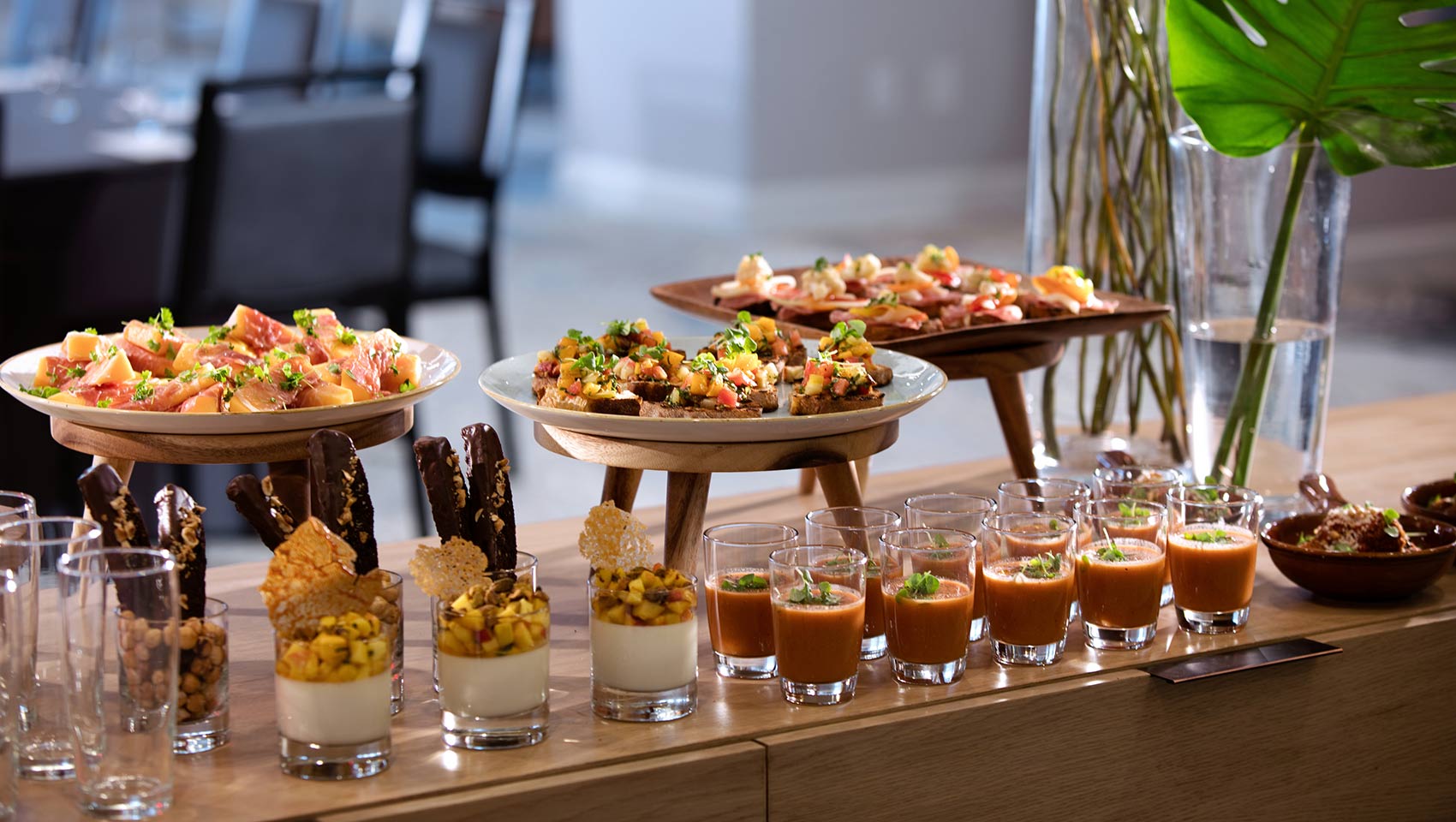
Catering weddings is an essential aspect of the big day, where culinary artistry meets celebration. The right catering service can transform a wedding into a memorable experience, not just for the couple but for all their guests. With numerous options available, couples can tailor their menus to reflect their tastes and cultural backgrounds. Whether it’s a traditional sit- Catering dinner, a buffet, or food stations featuring various cuisines, the choice of catering sets the tone for the wedding reception. The process involves careful planning, tasting sessions, and consideration of dietary restrictions, ensuring that every guest feels included and satisfied.
Choosing a wedding caterer requires more than just picking a name from a list. Couples often start by considering their vision for the wedding. A casual beach wedding may call for a different approach compared to a formal ballroom affair. The first step is to research caterers with experience in the specific style of the wedding. Online reviews, personal recommendations, and tastings are vital in narrowing down options. Once a shortlist is created, potential caterers should be interviewed to discuss menu ideas, service styles, and budget considerations. This ensures a personalized experience tailored to the couple’s needs and preferences.
Budgeting for catering is one of the most significant aspects of wedding planning. Couples must decide how much they are willing to spend, considering all aspects, including food, beverages, and service. The cost per head can vary widely based on the caterer’s reputation, the complexity of the menu, and the service style. A plated dinner typically costs more than a buffet due to the level of service required. Additionally, couples should inquire about hidden fees such as gratuity, rental costs for linens and dinnerware, and any travel expenses if the caterer is located far from the venue. Clear communication about the budget helps avoid misunderstandings later in the planning process.
Menu selection is another critical component of wedding catering. Couples often want a mix of flavors and presentations that reflect their personalities and love story. Many caterers offer sample tastings, allowing couples to try different dishes before making final decisions. This can also be an opportunity to include signature dishes that represent the couple’s heritage or favorite cuisines. Including vegetarian, vegan, gluten-free, or nut-free options ensures all guests can enjoy the meal. Furthermore, incorporating seasonal ingredients not only enhances flavor but also reflects a commitment to sustainability and local sourcing.
Beverage service is equally important in the catering equation. Couples must decide whether to serve alcohol, and if so, what types to offer. Many caterers provide full-service bar options, including a mixologist to create signature cocktails. Others might offer wine and beer pairings that complement the meal. Non-alcoholic beverages are essential as well, providing refreshing options for designated drivers or guests who prefer not to drink. The choice of drinks can enhance the overall dining experience and create a festive atmosphere that keeps guests engaged throughout the event.
Presentation plays a significant role in wedding catering. The way food is presented can elevate the dining experience and contribute to the overall aesthetic of the wedding. Caterers often work closely with couples and wedding planners to design buffet setups, plated dinners, and dessert displays that align with the wedding theme. Floral arrangements, table settings, and even the layout of the food stations can be coordinated to ensure a cohesive look. A visually stunning presentation excites the senses and creates memorable photo opportunities, enhancing the couple’s cherished memories.
Service staff are the unsung heroes of wedding catering. Well-trained servers can make a significant difference in how guests perceive the event. Attentive, friendly staff ensures that everyone feels welcomed and cared for, contributing to the overall atmosphere. When choosing a caterer, couples should inquire about the ratio of staff to guests, ensuring there are enough personnel to handle food service, drink refills, and any special requests. Professional service can transform a good meal into an unforgettable experience, leaving guests raving about the wedding for years to come.
Logistics and coordination are essential in ensuring a smooth catering experience on the wedding day. Couples should discuss timelines with their caterers, detailing when food will be prepared, served, and cleared. This coordination is crucial, especially for multi-course meals or buffets. A reputable caterer will have a well-thought-out plan in place to manage the flow of service, ensuring that food remains at the proper temperature and is served promptly. Communication with the venue is also important, as this can affect setup times and accessibility for kitchen staff.
As trends in wedding catering evolve, couples increasingly seek unique and interactive food experiences. Food trucks, live cooking stations, and themed dessert bars are gaining popularity. These options not only add excitement to the dining experience but also encourage guests to mingle and interact. Couples can personalize these experiences by incorporating their favorite foods or cultural dishes, making the meal an extension of their story. Additionally, late-night snack options have become a hit, allowing guests to indulge after hours of dancing and celebration.
In conclusion, catering weddings is a multifaceted endeavor that goes beyond simply providing food. It encompasses careful planning, creative menu design, and exceptional service, all while ensuring that the couple’s vision is realized. From the initial selection process to the final bite, the catering experience is integral to creating lasting memories for the couple and their guests. With thoughtful consideration and collaboration with a skilled caterer, couples can curate a dining experience that complements their special day, celebrating their love through the art of food.